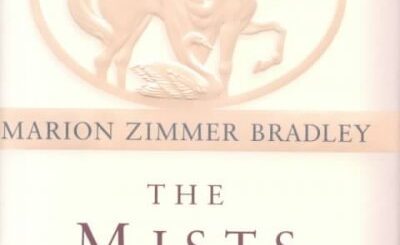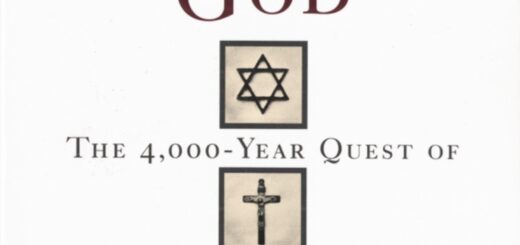Buddha by Karen Armstrong
A few weeks ago I reviewed A History of God, by Karen Armstrong, a fascinating history of the three major monotheistic religions, Christianity, Islam, and Judaism. Karen Armstrong is a former Catholic nun and present scholar with a multi-cultural bent. She currently teaches at Leo Baeck College for the Study of Judaism and in 1999 she received the Muslim Public Affairs Council Media Award just to give you an idea of the range of her activities. All in all, a most unusual woman. One doesn t find a Catholic nun who is respected by both Muslims and Jews every day.
A History of God intrigued me enough to decide to see what Ms. Armstrong made of Buddhism in her most recent book, Buddha, published in the Penguin Lives series. Buddha is not in fact a study of Buddhism but rather a biography of Siddhatta Gotama who lived, according to tradition, in northern India in the 5th century B.C.E, a seeker who left his wife and comfortable home to find enlightenment beneath his famous bodhi tree. Did Gotama actually live, or is he only a representation of a school of thought? There is little historical information to go by, but Karen Armstrong assumes there was indeed such a person around whom all the different legends and scripture and philosophy revolve. Basically it s a moot point, whether he lived or not, since the person who became Buddha insisted that there is no such thing as self. Buddhists do not celebrate a cult of personality, as do Christians for Jesus and Muslims for Mohammed.
Yet there is a story here, and Karen Armstrong tells it well, starting with the period itself, the Axial Age, a time of global change that took place more or less from the 7th to 4th centuries B.C.E. This was a period of rising cities, a new materialistic merchant class, and all the philosophical speculation that comes with cities, wealth, and what we would now call alienation. Figures such as Socrates, Plato, Confucius, Lao-Tzu, Zoroaster, and Siddhattha Gotama all began to look about for meaning, a compass the moral man could use to find his place in the universe . . .and perhaps even a small degree of happiness.
Karen Armstrong emphasizes that Buddhism is not really a religion. There is no creation myth, no hierarchy of gods, the whole thing is very much down to earth. I have only taught you things that I have experienced fully for myself, Buddha told his followers on his death bed. His creed was simple: unhappiness comes from desire and attachment, and to be liberated from this wheel of sorrow, one must practice the disciplines of meditation and yoga, extinguishing the fires of greed, hatred, and egotism. Above all, said Buddha, one must live for others.
Buddha is a short, perfect little book, only 187 pages, following the legend of Gotama’s life with a number of stops along the way to explain his teachings. It is a message that resonates today, a new global time of greed, selfishness, and hatred. It’s no wonder that Buddhism has a new appeal in the West, with movie stars like Richard Gere and Steven Segal as its practitioners, and lots of everyday people as well. We’re all looking for something most of us hardly know what.
For seekers of all kinds, this book is a good place to start thinking about the human condition, whether you re window shopping for truth, or merely wondering if there’s any path that might lead our violent human species to peace.
- National Epilepsy Day 2023:Common Signs And Symptoms - November 17, 2023
- Top 10 Cosmetic Packaging Designers in the USA - April 12, 2023
- Luxury Website Designers: The Ultimate Guide to Creating a High-End Website - April 10, 2023


